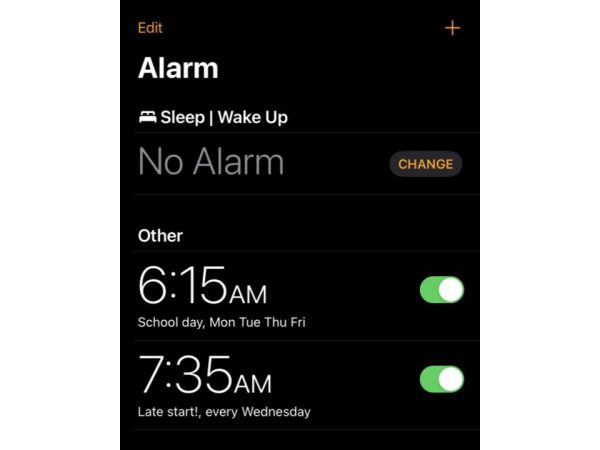All about that body confidence
If you listen to the radio, I’m sure you’ve heard Meghan Trainor’s debut single: “All About That Bass”. At first, the catchy beat and bass line is intriguing, but after several listens the meaning of the song becomes disturbing.
The song, meant to be a feminist anthem, doesn’t deliver. Trainor claims in an interview with Billboard Magazine that her song is “all about loving your body…and your booty.”
But there’s a different message under her song that has become a trend in our culture: the mistake that bashing thinner figures to uplift bigger figures is promoting body confidence.
While it’s true her song has lyrics about loving yourself, such as “don’t worry about your size,” there are others that take away from that message.
She makes it clear she’s only talking to one body type when she says things like, “I won’t be no stick figure Barbie doll,” and “tell them skinny b****es.”
Promoting body confidence means celebrating everyone’s body, no matter the shape or size. This does not exclude any body; we cannot choose to only be body confident for one body type, as Trainor’s song indicates.
This exact problem was brought to media attention when two famous campaigns starting being compared: Victoria’s Secret’s “Love Your Body” campaign and Dove’s “Real Beauty” campaign.
Victoria’s Secret launched their campaign in 2010, and the iconic picture showed women in the new bras and underwear. There were hundreds of complaints on this picture, due to the faulty claim on “unrealistic” looking women, along with only showing one body type.
Four years later, Dove launched a campaign with similar goals to enhance body confidence. They had a similar picture, which was immediately compared to the Victoria’s Secret line.
The immediate response was positive towards Dove, for showing (as the campaign name suggests) “real” women. As Dove put it, the campaign “employed various communications to challenge beauty stereotypes.”
But we’re missing something. The Victoria’s Secret models are just as real as the Dove models. In fact, Dove does not portray a wide range of body types either. Yes, more than the Victoria’s Secret line, but Dove ignores the tall and thin women. And both companies fail to portray a range of heights, or un-typical body types in between incredibly thin or incredibly curvy.
The issue of body confidence has long been with women, but our focus of shaming one body to uplift another must stop. It’s just as bad to kick around a girl for being thin as it is for being bigger. Neither is acceptable.
Maybe we should all just take one page from Trainor’s book—“don’t worry about your size,” and truly learn what body confidence is all about—loving each and every body.






